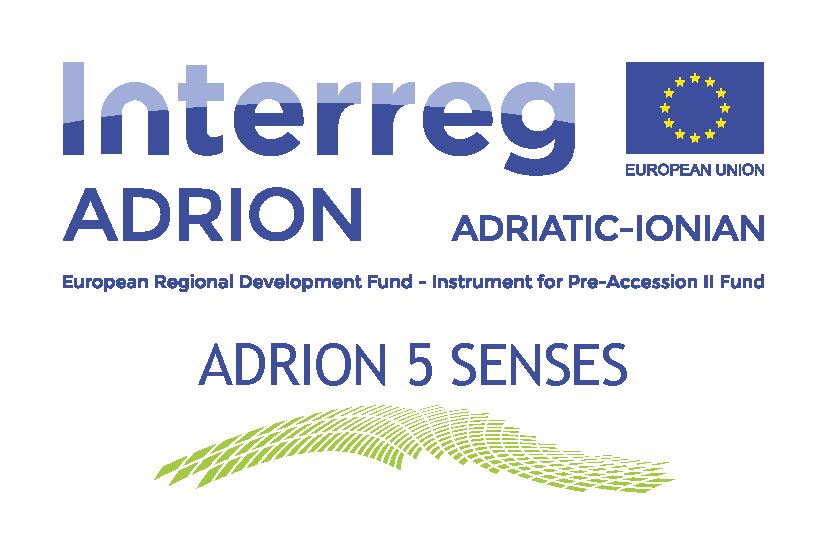

Amvrakikos Bird Watching
5.0
Sight
The northern section of the site is formed by the deltas of the Louros and Arachtos rivers. It consists of brackish lagoons, a sandy coastal strip, saltmarsh, reedbeds ( Phragmites ), wet meadows, mudflats and remnant patches of alluvial forest. The lagoons are all used as fisheries.
Habitats: Artificial landscapes (20%, Arable land; Other urban and industrial areas; Perennial crops, orchards and groves), Grassland (5%, Humid grasslands), Sea/marine area (5%, Sea inlets and coastal features), Shrubland (5%, Sclerophyllous scrub, garrigue and maquis), Wetland (70%, Coastal lagoons; Fens, transition mires and springs; Rivers and streams; Salt marshes; Sand dunes and beaches; Standing brackish and salt water; Standing freshwater; Water fringe vegetation)
Land use: agriculture (25%), fisheries/aquaculture (70%), nature conservation and research, tourism/recreation (5%), urban/industrial/transport (5%), water management (70%)
Protection status
National Partial International Partial
10,500 ha of IBA covered by Wildlife Refuge (Limnothalassa Tsoukalio kai Valtos Rodias, 10,500 ha). 23,649 ha of IBA covered by Ramsar Site (Amvrakikos Gulf, 23,649 ha).
23004 ha of the IBA are covered by Special Protection Area (SPA) AMVRAKIKOS KOLPOS, LIMNOTHALASSA KATAFOURKO KAI KORAKONISIA(GR2110004).
Birds
This is an important site for wintering ducks and geese, breeding, passage and wintering raptors and migratory waders. Species of global conservation concern that do not meet IBA criteria: Phalacrocorax pygmeus (wintering), Haliaeetus albicilla (wintering), Aquila heliaca (non-breeding), Falco naumanni (passage), Gallinago media (passage).










